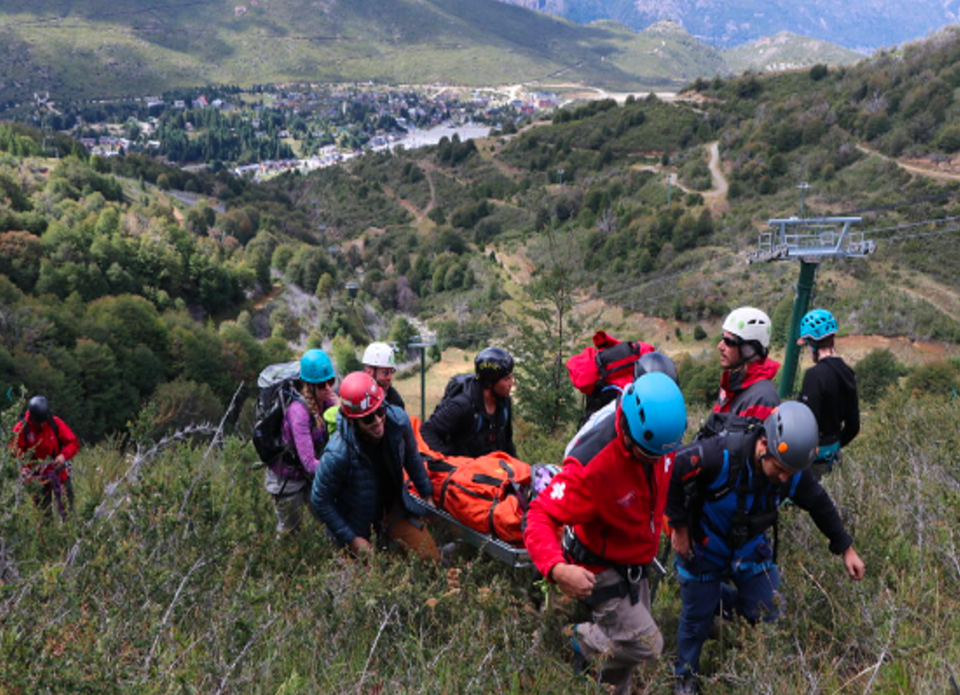PRE-MED/PRE-HEALTH
Come explore the beautiful Pacific coast of Costa Rica and learn from physicians who work around the world. Adventure through jungles, earn your WFR and global health certifications, and take part in real-world medical training as you build your resume, network, and your travelogue.
Undergraduate college students, graduates, and gap years students from any school are encouraged to join.
Program Includes:
This unique program is all-inclusive (with exception of airfare to Costa Rica), including in-country transportation, lodging, 3 restaurant meals a day, WFR certification, and exciting group activities/tours. We limit the total number of participants to 20 to ensure effective learning and individualized attention.
Where are students staying?
Students arrive at the San Jose Airport where our shuttle will pick students up for a beautiful 4-hour drive to the Pacific Coast and our lovely eco-lodge at Hacienda Baru. We hold classes there, as well as provide free time for swimming, surf lessons (extra cost), natural history tours, whitewater rafting and more. On the final morning, our shuttle will take students back to San Jose Airport for flights home. Suitability & Requirements Students must purchase health and travel/evacuation insurance (GeoBlue/HTH Worldwide Required Travel Insurance You will need a valid passport/visa. Pre-class online assignments total approximately 5 hours required Must be 18 years or older




While some of our courses happen mostly in the classroom, we do have hands-on segments that require things like bending, lifting, crouching, standing, etc. Other classes with higher ratings, 2 and above, may include hikes that require more physical effort.
With the Pre-Med/Pre-Health classes, you’ll get a backstage pass to the admissions process for medical school. You’ll also hear from established University of Colorado faculty members who take time to share their experiences and tips from their careers in medicine. You’ll learn leadership skills along with valuable hands-on skills you won’t typically learn in a traditional classroom.
December 15 – 23, 2022
Reserve your spot in one of our upcoming courses by paying a $500 deposit. Remainder of the total balance required 30 days prior to the start of class. These classes are expected to run as planned with consideration to COVID-19. All students are required to show proof of vaccination.
ABOUT US
The Section of Wilderness and Environmental Medicine is a university-based enterprise to promote research, clinical best practice,education, and outreach to advance health and wellness in extremeor austere environments.
Copyright © 2022 University of Colorado
Department of Emergency Medicine